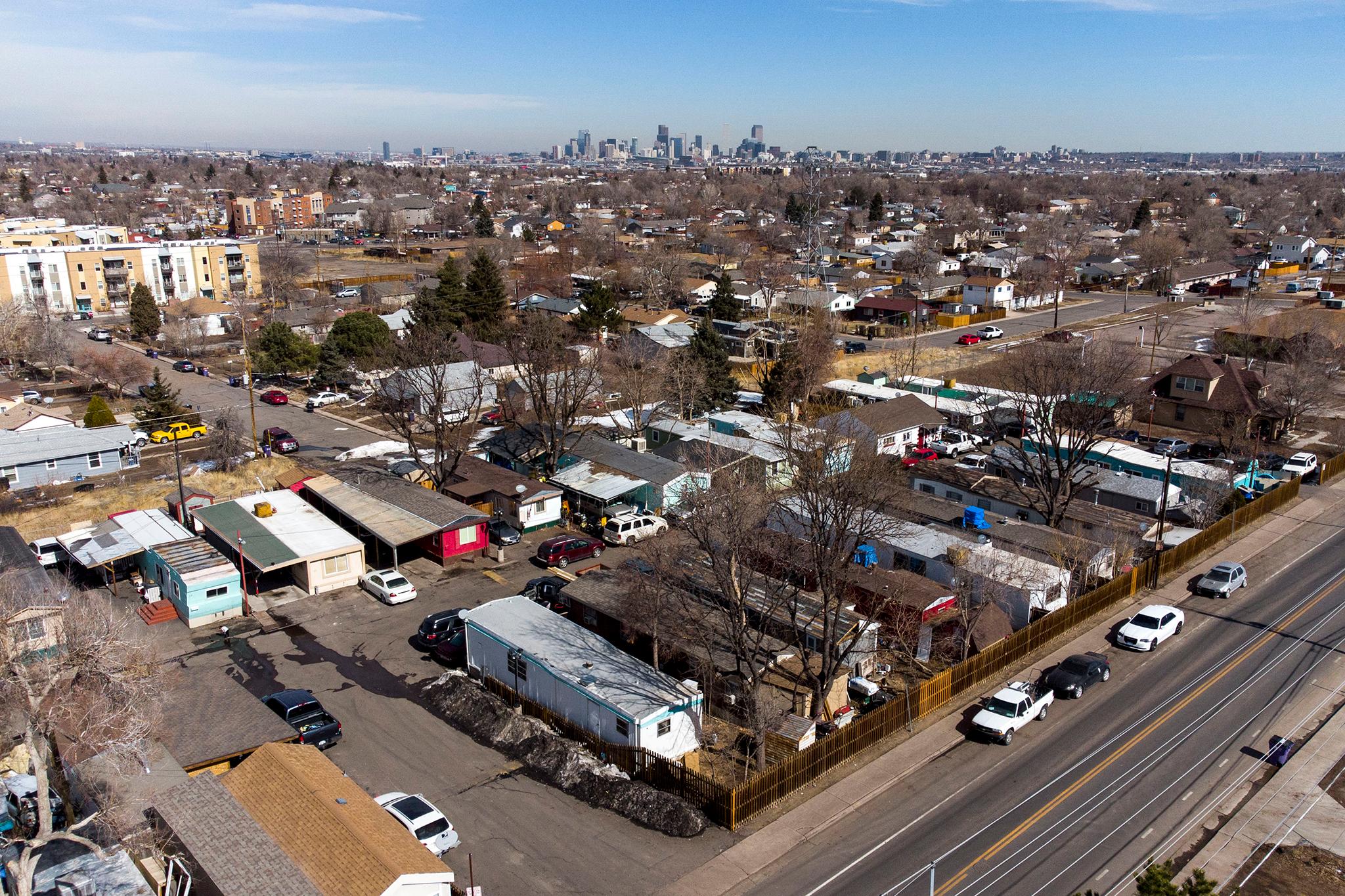Denver is stepping up its efforts to electrify low- and moderate-income homes.
The new Healthy Homes Program aims to cover the full cost of retrofitting 200 households with all-electric appliances over the next three years. The city's Office of Climate Action, Sustainability and Resiliency announced the $6 million partnership on Tuesday.
The new program isn't just about cutting climate-warming emissions. By replacing gas stoves and furnaces, the program intends to remove major sources of indoor air pollution shown to endanger public health. A 2013 study found children living in homes with gas stoves were 42 percent more likely to develop asthma.
"It's about improving indoor air quality, making sure our homes are healthier and more comfortable," said Katrina Managan, the director of buildings and homes for the city climate office.
The city awarded two contracts to carry out the program.
Energy Outreach Colorado, a local nonprofit focused on energy efficiency, won a $4 million agreement to electrify 100 single-family homes across the city. Homeowners interested in the upgrades can email the city for more details about the application process.
BlocPower, a Brooklyn-based startup, will lead a $2 million effort to renovate the same number of housing units in apartment buildings or multi-family structures. The company is at work on similar projects in Oakland and Menlo Park, Calif. In Ithica, N.Y., it's assisting the city as it electrifies all of its buildings.
It's unclear who will benefit from the new programs. Managan said the nonprofit and startup will work with healthcare providers, like Denver Health and Colorado Children's Hospital, to find households with individuals who are especially vulnerable to poor air quality.
Those residents could receive a long list of free energy upgrades, including insulation, solar panels and all-electric induction stoves to replace any gas cooktops.
Natural gas furnaces would be replaced by heat pumps, which double as air conditioning units in the summer. Managan said 30% of Denver households currently lack access to home cooling systems. By adding them, the city could help many residents close their windows in the summer, protecting themselves against wildfire smoke and ozone pollution.
The new announcement is meant to be an example of an equitable climate policy.
Funding for the new program comes from a sales tax Denver voters approved in 2020. It raises more than $40 million a year to fund climate and air quality projects, such as the city's popular e-bike rebates.
"Perhaps electrifying people's homes is not quite as visible as seeing e-bikes all over town, but it's going to be really noticeable and impactful for the people receiving these services," said Grace Rink, the head of the city's climate resiliency office.
The ballot initiative required the city to focus each of its climate projects on equity, but the office has struggled to do that in some of its early attempts.
One program offers all residents thousands of dollars in incentives to electrify their homes and add rooftop solar panels. Those rebates have helped pay for more than 400 heat pumps since the program launched in April, said a spokesperson with the city climate office.
In a parallel effort, the city offers free heat pumps to any household already receiving energy-efficiency upgrades funded by the federal government. The program has only been up-and-running for a couple of months, but no one has taken advantage of the deal yet.
"That program is just in the process of scaling up," Managan said.
The new Healthy Homes Program is meant to offer more guidance for residents considering an all-electric upgrade. By operating multiple programs with multiple contractors, Managan said Denver will try to identify the most effective strategies to help residents ditch fossil fuels.














